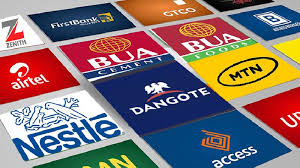Lagos, Nigeria | July 7, 2025 — Nigeria’s sweet wine market has surged to an estimated value of $420 million, fueled by shifting consumer preferences and the growing influence of youth culture on lifestyle consumption trends.
Industry experts attribute the boom to the increasing popularity of low-alcohol, fruity beverages among Nigeria’s youthful population. With more than 60% of the country’s population under the age of 30, sweet wines are fast becoming a favourite for social gatherings, nightlife, and casual consumption.
Market analysts note that brands offering affordable, easy-to-drink options — particularly in red and rosé variants — are dominating shelf space in retail outlets, lounges, and supermarkets across urban centres. Wines from South Africa, Spain, and Italy continue to lead imports, while Nigerian-produced alternatives are gradually emerging in response to local demand.
“This market growth reflects not just economic activity but a cultural shift,” said Ifeanyi Madu, a Lagos-based beverage consultant. “Young Nigerians are embracing wine as part of a lifestyle statement — it’s trendy, affordable in small bottles, and doesn’t carry the stigma that spirits or beer sometimes do, especially for female consumers.”
Social media and digital marketing campaigns have also played a key role in driving awareness and brand loyalty. Platforms like Instagram and TikTok are filled with influencer-led promotions of popular sweet wine labels, often positioned alongside fashion and music content.
Retailers and importers are now investing more in youth-focused packaging and distribution models, including single-serve bottles and on-the-go options to meet the fast-paced urban lifestyle.
Despite Nigeria’s tough import climate and naira devaluation, the wine industry continues to thrive — pointing to a resilient consumer base with evolving tastes and a hunger for lifestyle experiences.
Experts predict the market could grow by another 15–20% over the next three years if current trends hold, further positioning Nigeria as a key player in Africa’s alcoholic beverage space.








Leave feedback about this